 Sometimes reading a book can completely disrupt your sleeping habits.
Sometimes reading a book can completely disrupt your sleeping habits.
Half the Sky: Turning Oppression into Opportunity for Women Worldwide did that to me and to a lot of my friends. Sex trafficking, honor killings, child marriages, FGM, rape as a weapon of war. Instead of shrugging my shoulders with relief that “none of those problems” affect me, I was shaken to my core to learn how women and girls are suffering both here and abroad and was determined to do something. Even on the best of days, I am dogged by a nagging awareness of the terrible suffering and atrocities being inflicted in the lives of other women and girls. It makes it hard to sleep, as well it should.
Researching Malestrom: Manhood Swept into the Currents of a Changing World had a similar effect on me. It’s hard to rest easy, knowing the relentless downward drag that the fall brings to bear on men and boys, the destructive effects of patriarchy on all of them, and the suffering, violence, injustices, and deep wounds that result. So I was mystified when Jonathan Parnell, a Christian brother who is also a pastor and a father of sons, read Malestrom and remained unconcerned, asserting, “I have no dog in this fight.”
Even though in his review of Malestrom for The Gospel Coalition, Parnell concedes agreement with Malestrom on two major points—that patriarchy is “horrible” and that Jesus as the perfect imago dei embodies true manhood/humanity as God intended—he parts company with a lot of complementarians by disassociating his complementarian views from patriarchy. He writes,
I have no attachment to the term. In fact, because of all the baggage, I would recommend it not be used in reference to God’s vision for men as expressed in Christian complementarity. Even if some proponents of its use envision a “kinder, gentler” version, as James recognizes, it’s not a term worth salvaging. Malestrom convinced me of this all over again, and therefore, her repeated jabs at “patriarchy” left me unscathed. I even shared her disgust for what she described.
His stance is not unique among complementarians. In fact the very name “complementarian” was chosen by the formulators of complementarianism to put distance between themselves and patriarchy. But denying their patriarchal foundations, puts Parnell and others at odds with fellow complementarians, such as Russell D. Moore, a complementarian stalwart and President of the Ethics & Religious Liberty Commission of the Southern Baptist Convention. While Moore distinguishes and rejects “secular patriarchy” that abuses and objectifies women, in an article entitled “After Patriarchy, What? Why Egalitarians are Winning the Gender Debate,” he goes on record insisting that “Christianity is undergirded by a vision of patriarchy” (573) and that reclaiming “authentic biblical patriarchy is necessary” (574) for the movement to survive.
This internal struggle within complementarianism is one they’ll have to sort out for themselves. But so long as complementarianism embraces classic elements of patriarchy—male authority and female submission, and man as Impregnator-Protector-Provider and polar opposite of woman—the old adage applies: “A rose by any other name is still a rose.”
This is, however, not what troubles me most about Parnell’s review. I think he’s skirting the real issues. I will mention two.
The first concerns his discussion of the biblical narratives presented in Malestrom. Despite his agreements, Parnell rejects and at time even ridicules the use of biblical narratives discussed in Malestrom, describing them as “slanted caricatures of biblical figures,” a statement he bolsters by caricaturing them himself when he lifts statements out of context that create misperceptions of the power and richness of these redemptive stories. For example, he trivializes the father wound as “daddy issues.” That remark undoubtedly strikes close to home, for the intense and sometimes debilitating struggles plenty of men (women too) suffer because of a distant, missing, or abusive father is undoubtedly present in surprising numbers within the congregation he pastors.
But more concerning is his statement that “The preoccupation with character-studies, in my opinion, is risky in any case. It can often lead the writer (or speaker) to go beyond the biblical text to emphasize minute details and speculations that the biblical author didn’t intend.”
Are biblical narratives an unreliable source of instruction and good theology? Is any part of scripture more “risky” and subject to “speculations” than any other? Didn’t the great Apostle Paul himself point us to biblical narratives when he wrote that “All Scripture is God-breathed and is useful for teaching, rebuking, correcting and training in righteousness” (2 Timothy 3:16-17)? “For everything that was written in the past was written to teach us, so that through the endurance taught in the Scriptures and the encouragement they provide we might have hope” (Romans 15:4). Indeed, evangelical scholars everywhere acknowledge that Paul is specifically referring to the OT scriptures which, as it turns out, are rather full of narrative stories. Narratives are a valuable literary vehicle that God deemed good and wise for his divine revelation. Surely Rev. Parnell still preaches from the OT. The challenge for narrative, as well as poetry and epistles, is rightly to interpret them.
The real problem with these narratives is not that they are risky or subject to speculation but that they challenge our thinking about what it means to be a man. That makes us uncomfortable. They raise the prospect that Jesus didn’t come to endorse any social or political system, but to establish his kingdom which is “not of this world.” That means we have ground to gain, more to learn, and changes to make. All of us do.
The radical changes that take place in the lives of Abraham, Judah, Barak, Boaz, Mathew, Joseph, and Paul go against the grain of patriarchy and of their own human fallenness. Their stories challenge flawed conclusions we’ve all drawn about gender—conclusions that lock us in an endless gender debate or that create gender roles for men that many of their lives don’t and can’t fit. We need these stories. They are freeing and empowering and they give men a larger vision of how God can and will work through them.
The second dodge completely baffles me. How can anyone read about what is happening to men and boys in today’s world—the appalling levels of violence and warfare, staggering rates of the human trafficking of men and boys, wildly disproportionate incarceration rates in American prisons, illiteracy, poverty, sexual abuse, discrimination, racism, injustice, marginalization—and have the audacity to say, “I don’t have a dog in this fight”?
A lot is at stake with what is happening to men and boys globally and right under our noses here in the states. These are life and death matters. Sociologists identify an insidious link between masculinity and violence that fuels many of the wars that rage across our world. Experts on ISIS tell us that young men are being radicalized and drawn into the ranks of ISIS because they are searching for identity, meaning and purpose. Isn’t this a battle Jesus calls us to engage? Don’t we have more to offer men and boys than a kinder gentler patriarchy or some toss-up between complementarians and egalitarians? I’m convinced we do. And I’ve written about in Malestrom.
One can only hope that for his own sake, as well as the sake of his sons and the men and boys in his congregation, Parnell would rethink his rash assertion and realize that as a follower of Jesus he does “have a dog in this fight.” If that happens, I suspect he’ll be joining the ranks of those who are finding it hard to sleep at night.




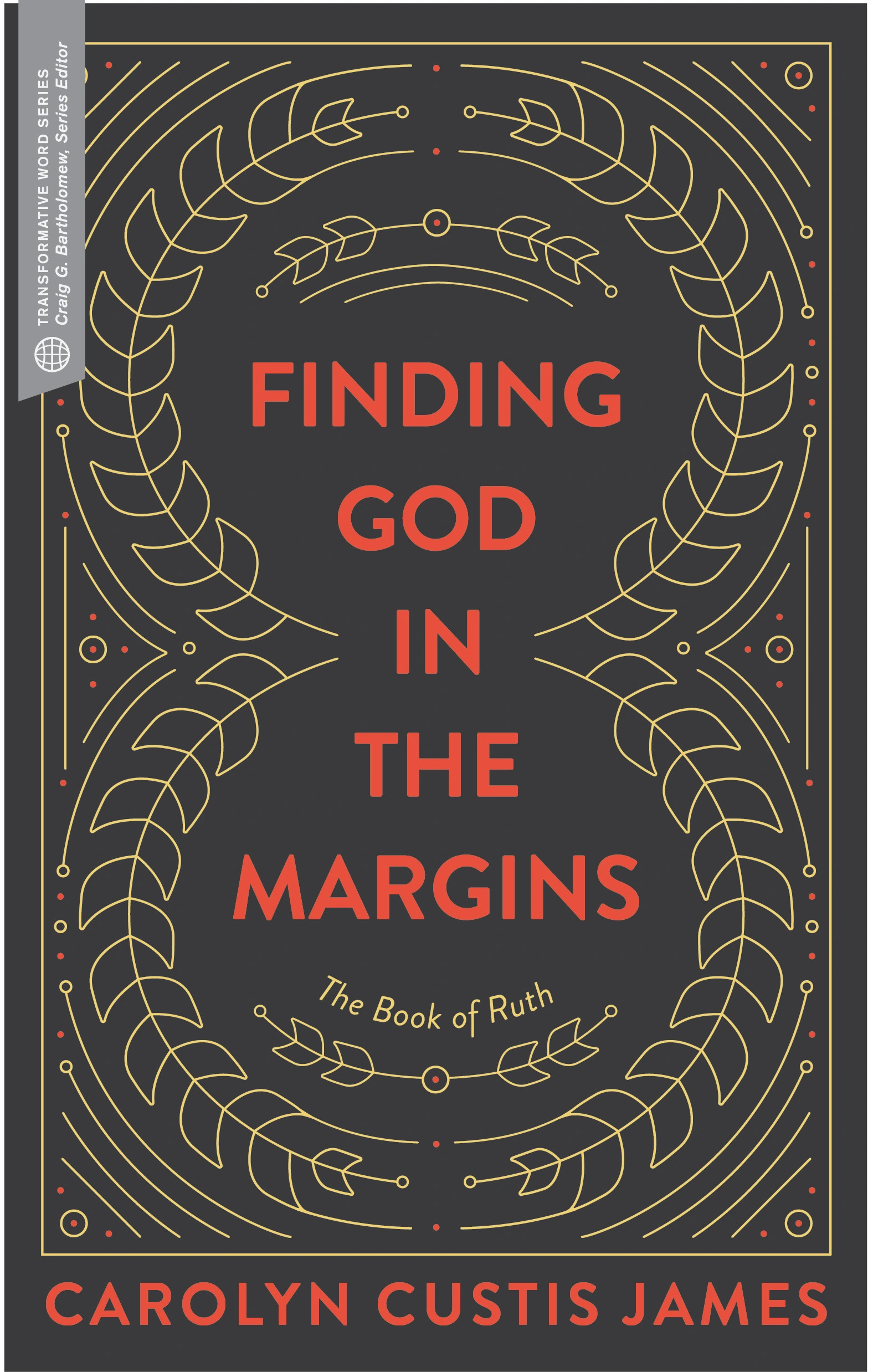
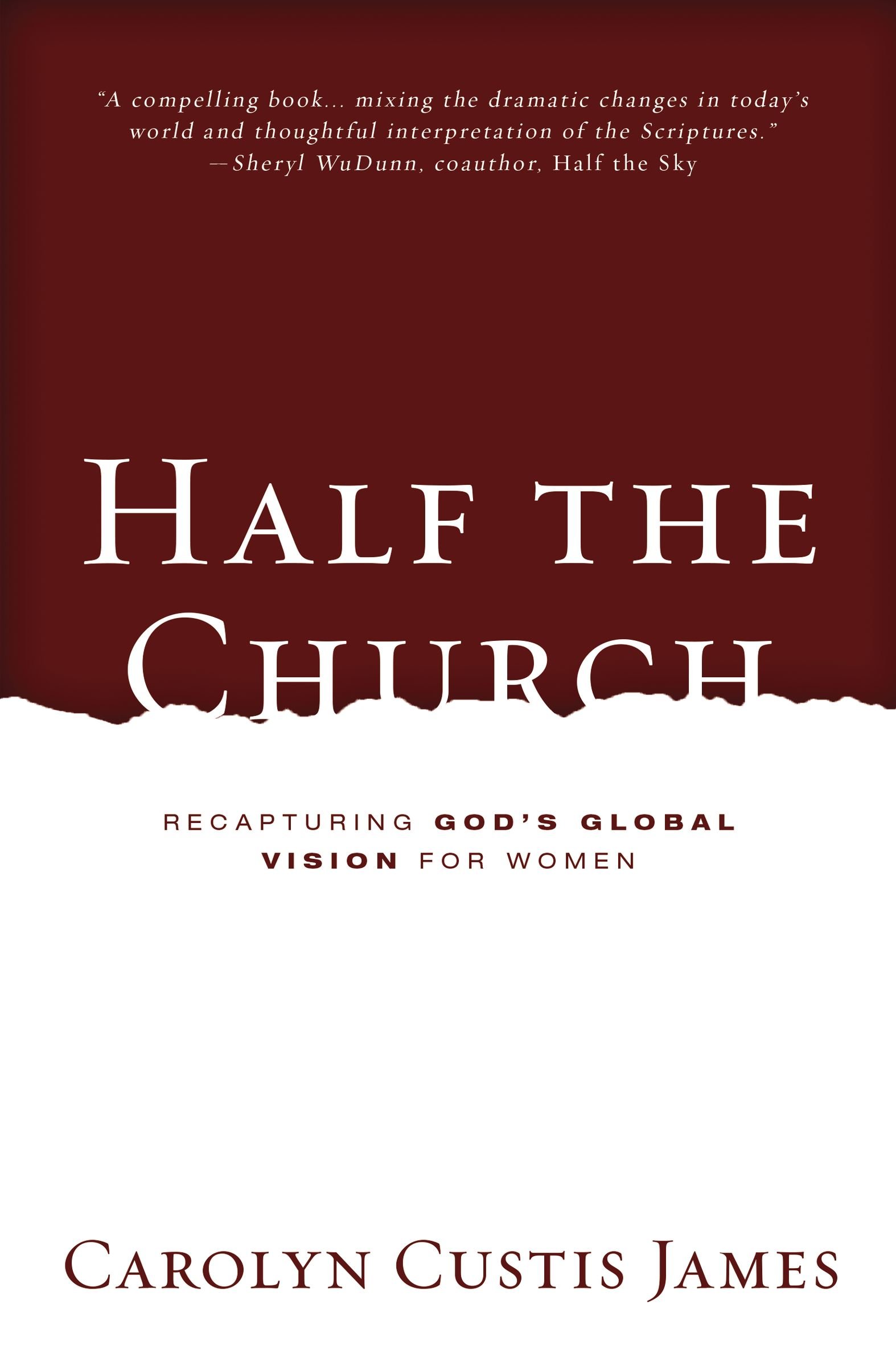
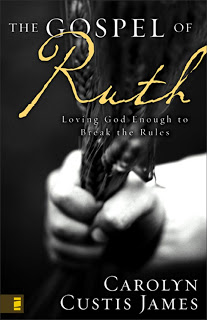
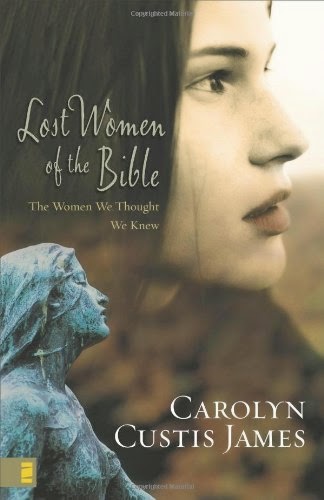






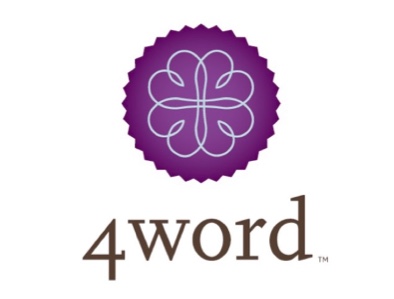
I wish I could say I am surprised by the total dodge in his review, but I'm not. Generally speaking, the men at TGC (and their buddies) seem to have a directive to avoid engaging in anything of real substance with anyone who questions their views regarding women in the church/world. They will not give an inch to anyone outside their circle for fear that it will weaken their case.
I engaged Denny Burk in a discussion on his blog a while back in which I asked him if men in a boat were about to die and the only one on board who knew the Gospel was a woman, would it be wrong for her to preach the Gospel to them. He would not answer the question, even after a few people asked him to do so. He knew if he said she should preach the Gospel, he would have to answer the question of why there and not somewhere else. As my husband says, they are so thoroughly committed to the grid through which they see the world that they will not deviate from it even if the face of obvious truth such as what you present in your book. So they choose to nitpick over ridiculous details and miss the entire point. There is no way they are going to give you or your views any real credit. Not if it weakens their own standing.
LikeLike
Well said. And his attitude is precisely why my husband and I do not attend church anymore. We are “recovering” evangelicals. Sad but true.
LikeLike
I am so happy to have gotten a copy of this book and will be diving into it with focused attention next week! I know it will be foundational in the important conversation that must be increased on the harms of patriarch in all its expressions. Thank you for your continuing, inspiring, excellent, ground- breaking, very important writing/thinking through/advancing the gospel. You are walking out what I read in Is 61. Thank you!!!
“The spirit of the Lord God is upon me,
because the Lord has anointed me;
he has sent me to bring good news to the oppressed,
to bind up the brokenhearted,
to proclaim liberty to the captives,
and release to the prisoners;
to proclaim the year of the Lord’s favor,
and the day of vengeance of our God;
to comfort all who mourn;
to provide for those who mourn in Zion—
to give them a garland instead of ashes,
the oil of gladness instead of mourning,
the mantle of praise instead of a faint spirit.
They will be called oaks of righteousness,
the planting of the Lord, to display his glory.”
LikeLike
What a disappointing TGC review, however, some of us change slowly, sometimes fighting it each step of the way. When I read Lost Women of the Bible, I was deeply touched, so I read When Life and Beliefs Collide and it resonated with me. Then I read Half the Church and wasn’t as moved. I just wasn’t at the right place for it. Some months later I reread it. It is rare for me to reread a book as my “to read” pile is so tall. When I reread Half the Church, it moved me in the core of my being. I was baffled that it didn’t move me more the first time I read it. With the second reading the timing was then right for the soul work being done. By writing this current book and having it reviewed, the issue has been raised. Another perspective has been laid out and it is one that needs to be laid out. TGC reviewer may dismiss it, but the book contains truth that will resonate with many, though it may take time for that to happen. I ordered Malestrom and received it the day it came out and thoroughly enjoyed it. I’m currently reading it aloud to my kiddos and they were so excited to read another book by the author of The Gospel of Ruth, which we read this past winter. God works in His own timing. Thank you for being on the forefront and for laying out things that need to be said. Again, some of us just take time to see things that later seem so obvious.
LikeLike
As mom to a 19 month old son, I am reading Malestrom in a breathless rush – but I am planning to go back, reread the narratives and do some of my own research on the issues you describe.
My husband is one of those 'non-macho' men and desires to be a partner in marriage – not the de-facto leader. His gift of leadership looks so different from what is promoted in conservative/church circles. We have had such a hard time finding a church even before we had a child and now I almost despair of finding any organized religious structure that promotes the healthy development of Gods gifts to both men and women. I do not want my son to feel he has to prove himself by putting down others – I do not want any (potential) daughters repeating my experience of being valued only for their potential support to a man.
(I remember going up to a youth leader after a very complementarian lesson of gender roles to ask (very earnestly): “What about now? I'm not married yet…how does God define me right now? How do I serve him RIGHT NOW?” And being answered rather lamely…well…of course he loves you…but you're just going to have to wait for your calling. Whoo-boy. I feel a bit of 'father wound' in my past relationship to spiritual fathers/leaders!! Still working through these things.)
Anyway – I want to thank you for your perseverance in researching and writing an excellent – and desperately needed – commentary of our current spiritual malaise. I would argue that Parnell does have a dog in the fight – but he is fighting to defend his own power in a patriarchal system.
LikeLike